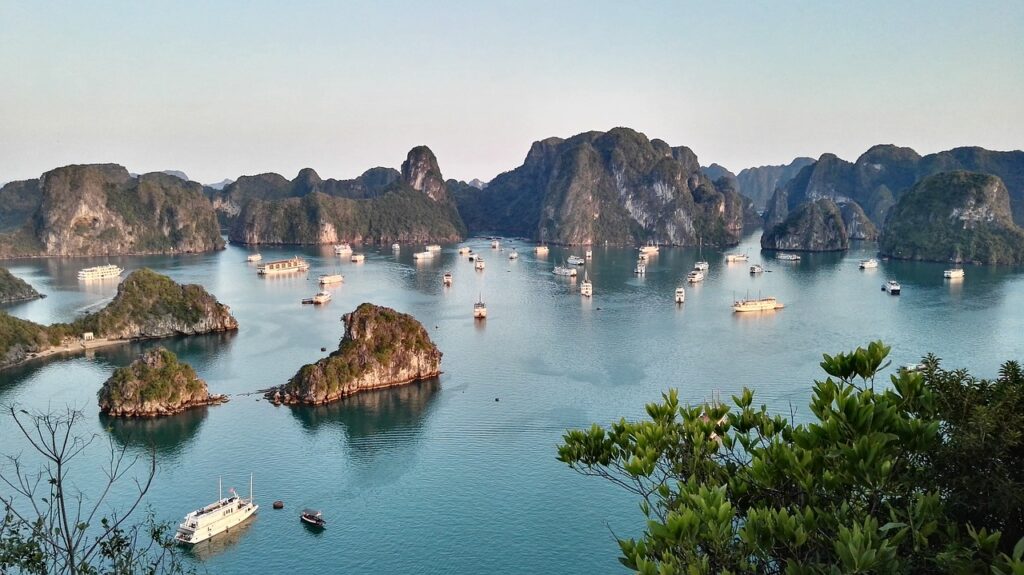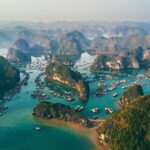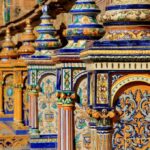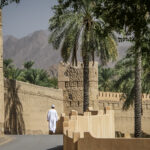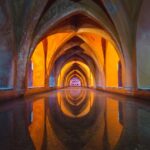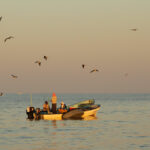Vietnam, a lush country in the easternmost point before the Philippines, invites us to explore its attractions. This country is a delightful destination for all tastes, offering a wealth of tourist attractions, from breathtaking natural landscapes to historical castles and delicious cuisine! The name Vietnam reminds us of a war, the traces of which can still be seen in some areas of the country. To discover Vietnam, the land among rice fields and Mekong Delta with its charming sampans, join us on Vietnam tours.
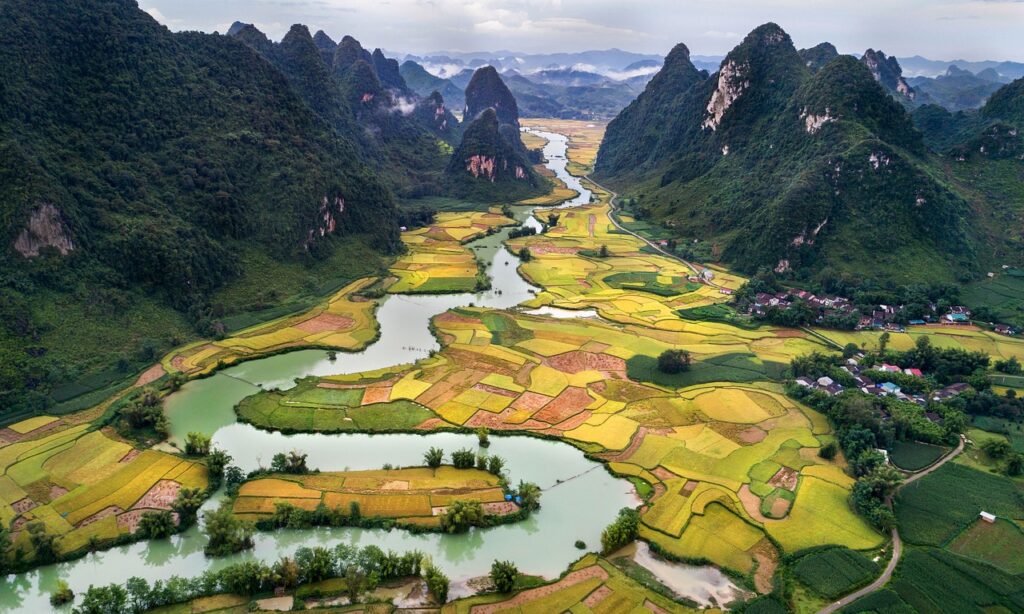
Ho Chi Minh
Our first destination is Ho Chi Minh City, formerly known as Saigon, which has a history of over a hundred years. Until the 17th century, this city was part of the Khmer Empire, and until 1975, it experienced significant American influence. As a result, you’ll notice a rich cultural diversity here. We will explore temples and local markets, as well as modern shopping centers and local bars, to truly experience the vibrant mix of old and new in Ho Chi Minh City.
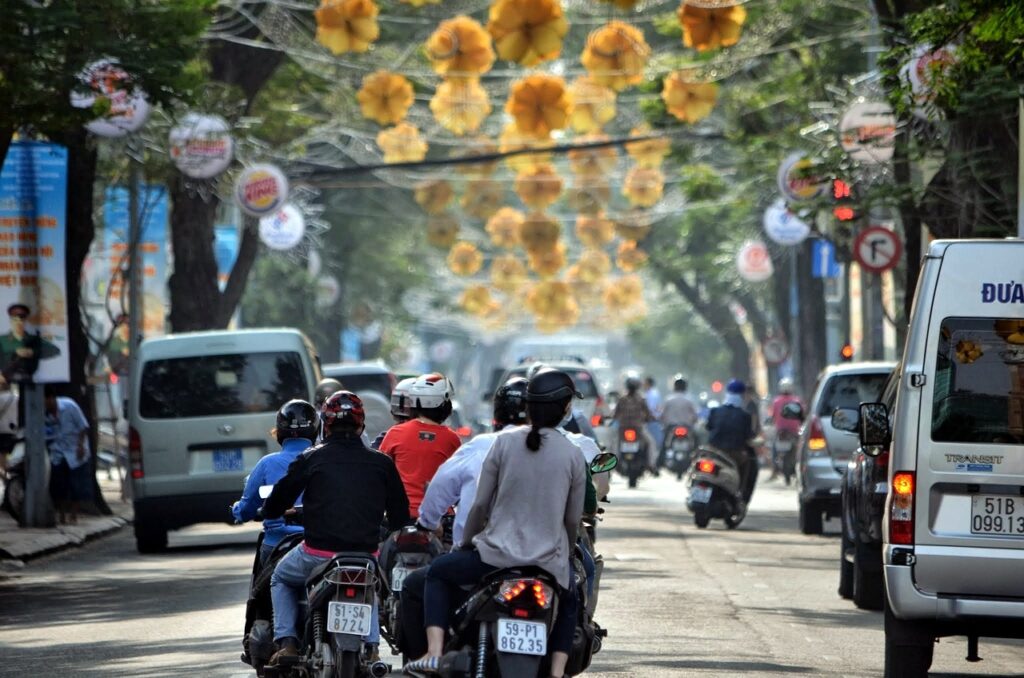
Cu Chi Tunnels
Indeed, one of the most visited tourist attractions during a trip to Vietnam is the Cu Chi Tunnels. These tunnels date back to the Vietnam War era and were used as hiding places and shelters during that time. Exploring the Cu Chi Tunnels provides a unique opportunity to learn about the history and tactics employed during the war, as well as gain insights into the resilience and resourcefulness of the Vietnamese people during those challenging times. It’s a significant and educational experience for travelers interested in understanding Vietnam’s past.
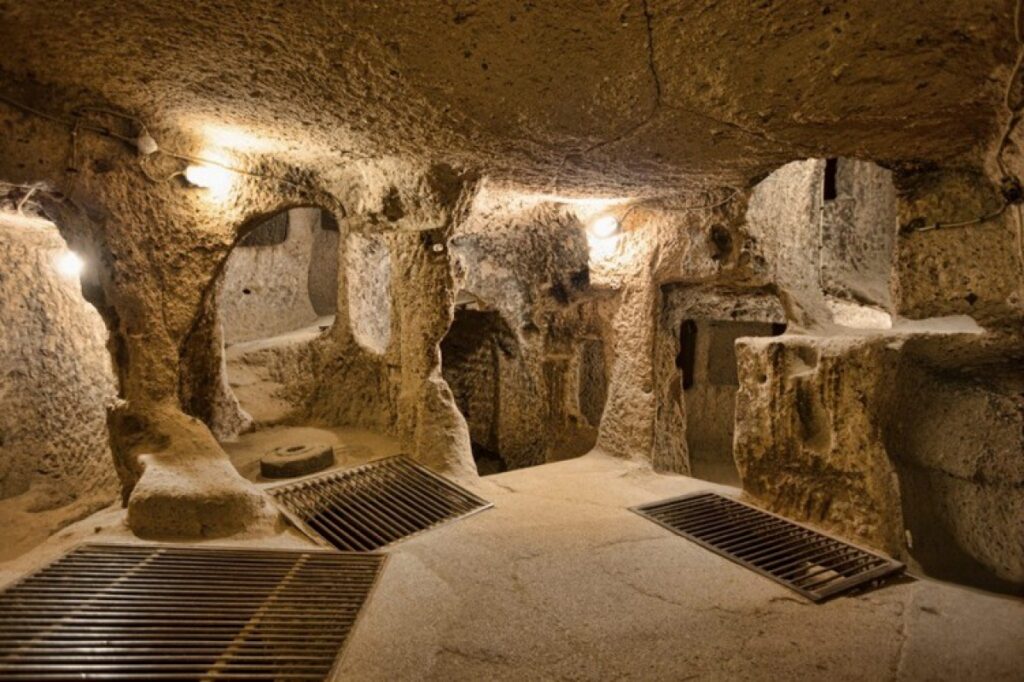
Da Kao Neighborhood
In Vietnam, you will find numerous buildings with French architecture that serve as reminders of the French presence in the country from 1858 to 1945. In the Da Kao neighborhood, you will start by visiting the Notre-Dame Cathedral, a prominent example of French influence. Afterward, you can explore an intriguing location that was once the French post office, designed by Mr. Eiffel, the same architect responsible for the iconic Eiffel Tower. Near the cathedral, there are also temples representing elements of the Buddhist religion. This blend of architectural styles reflects the cultural diversity and historical significance of Vietnam’s past.
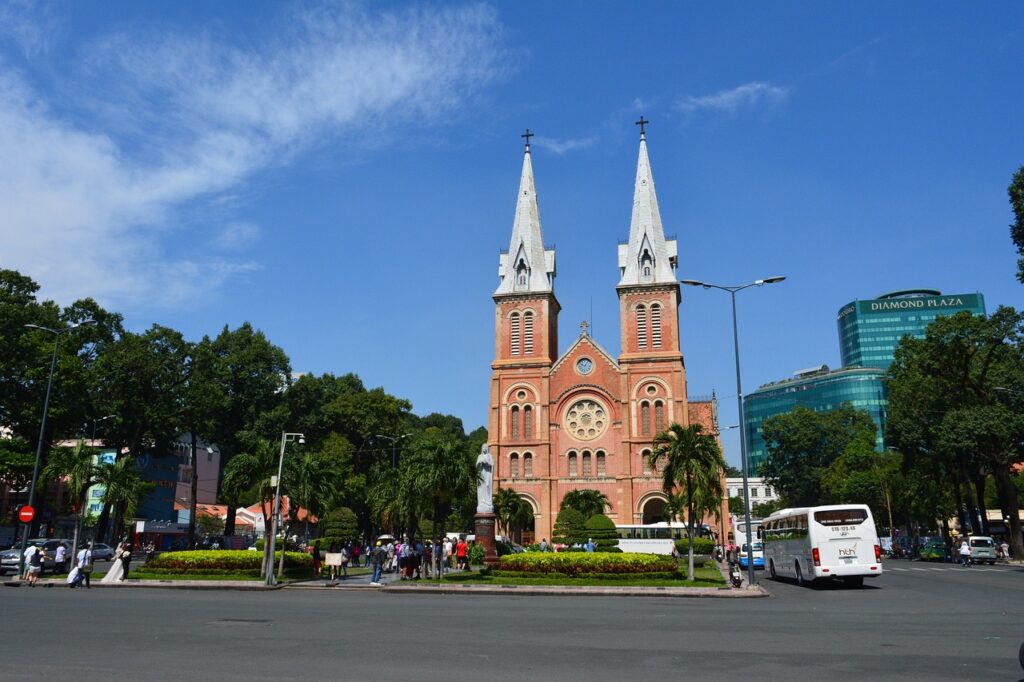
Mekong Delta
Traveling to the Mekong River, you will embark on wooden boats, passing through rice paddies and reaching the villages along the riverbanks. These villages are mainly engaged in agriculture and fishing. You can also opt to visit the surrounding villages by bicycle and experience making handmade chocolates, a delightful local specialty. The Mekong River region offers a glimpse into the traditional way of life and the unique cultural experiences of the people living along this iconic river.
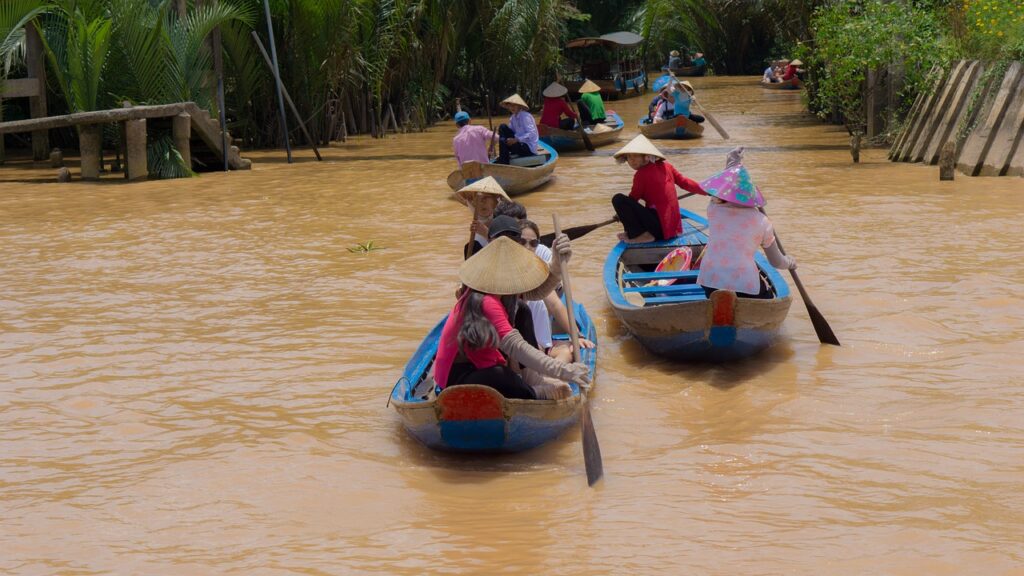
Cai Be
This market is located on the Tien River. On small boats, everything is available for sale. Cai Be is a hub for transporting agricultural products and food supplies in the Mekong Delta to the farthest corners of Vietnam.
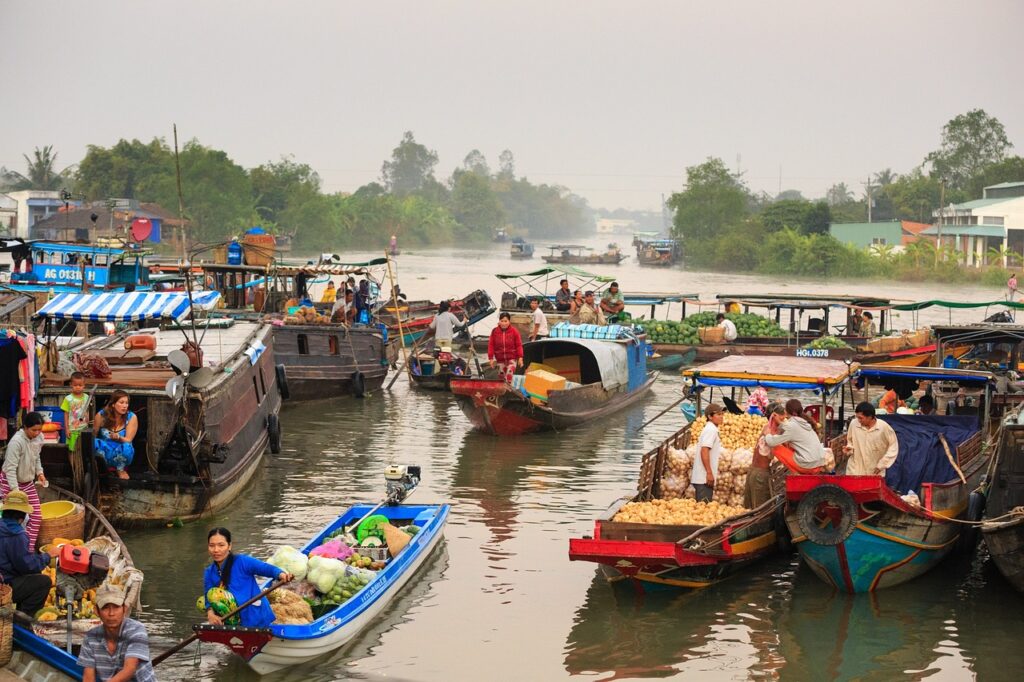
Hanoi
Continuing our journey, we will head to Hanoi, the city of lakes and the capital of Vietnam since 1976. The eighteen lakes in this city are each a captivating tourist site.
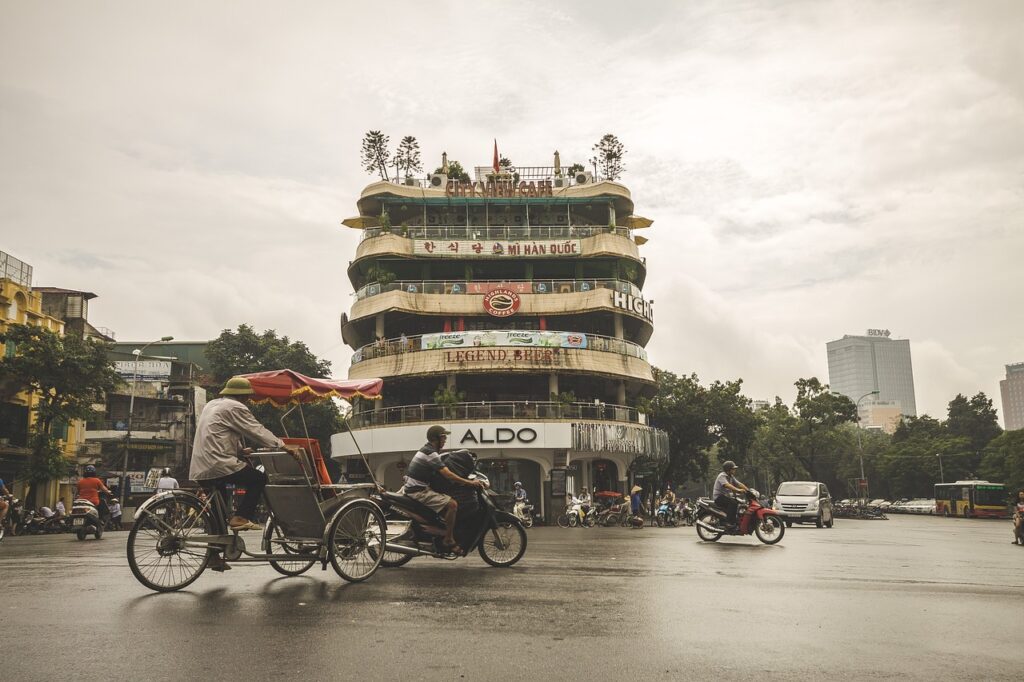
Hoan Kiem Lake
We will visit the legendary Hoan Kiem Lake. Every morning, people come here for walking and exercise. In the middle of the lake stands the historic Thap Rua Tower.
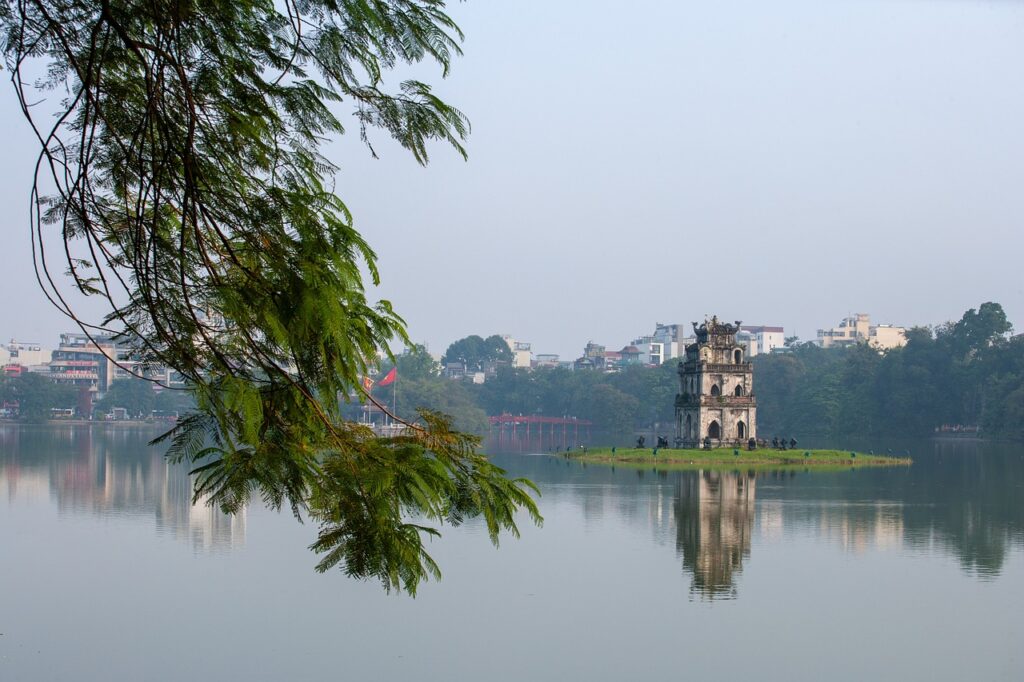
Ngoc Son Temple
The 19th century Ngoc Son Temple is located in the middle of the legendary Hoan Kiem Lake. This temple, dedicated to Confucian and Taoist followers, along with Hoan Kiem Lake and the Tortoise Tower, is one of the most important attractions in Vietnam. From inside this temple, you can enjoy a beautiful view of the lake.

Ho Chi Minh Museum and Mausoleum
We will visit the Ho Chi Minh Museum and Mausoleum, dedicated to the communist leader of Vietnam. He played a crucial role in Vietnam’s independence from France and later from the United States. This legendary leader is so important to the people of Vietnam that they changed the name of Saigon to Ho Chi Minh City in his honor. Ho Chi Minh passed away at the age of 79 in September 1969 due to a heart attack.
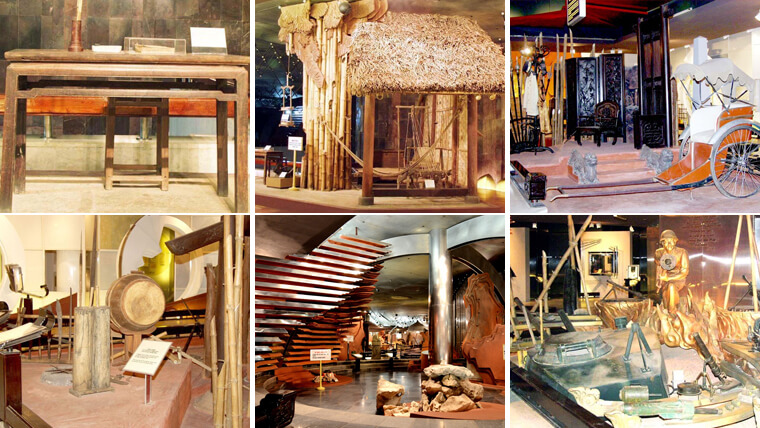
Museum of Ethnology
One of the most famous museums in Hanoi is the Museum of Ethnology. In this museum, we will become acquainted with the diverse cultures and ethnic groups of Vietnam and review the history of this city.
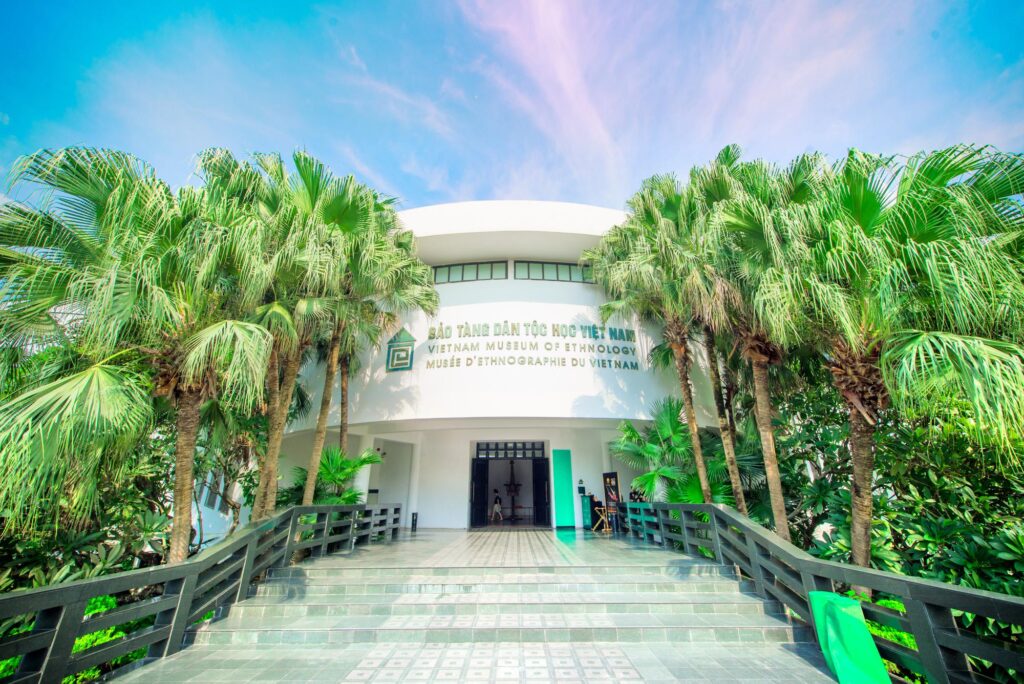
Rambling in Hanoi
Hanoi has a population of around eight million, and out of this, five million are motorcyclists! So, walking through the narrow streets and alleys of Hanoi might not be the easiest task. The Old Quarter of Hanoi is located near the Hoan Kiem Lake. In this neighborhood, we will see traditional clothing, taste local cuisine, and enjoy the traditional atmosphere of the area.
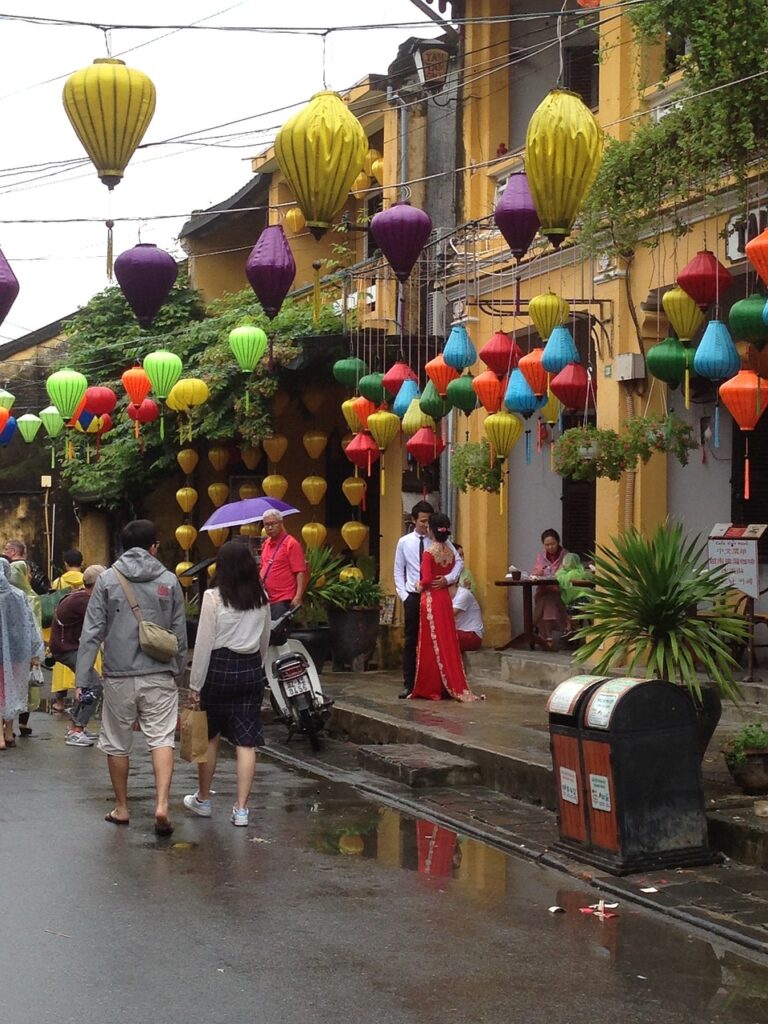
Ha Long Bay
From Hanoi, we will head to Ha Long Bay. Ha Long Bay is one of the Seven Natural Wonders of the World, covering an area of 1,553 square kilometers. Within the heart of the Gulf of Tonkin, there are around 1600 small and large islands scattered in Ha Long Bay. The cliffs are covered with lush vegetation, and there are many fascinating caves to explore. On the walls of these caves, you can witness numerous drawings and paintings, including depictions of dragons!
